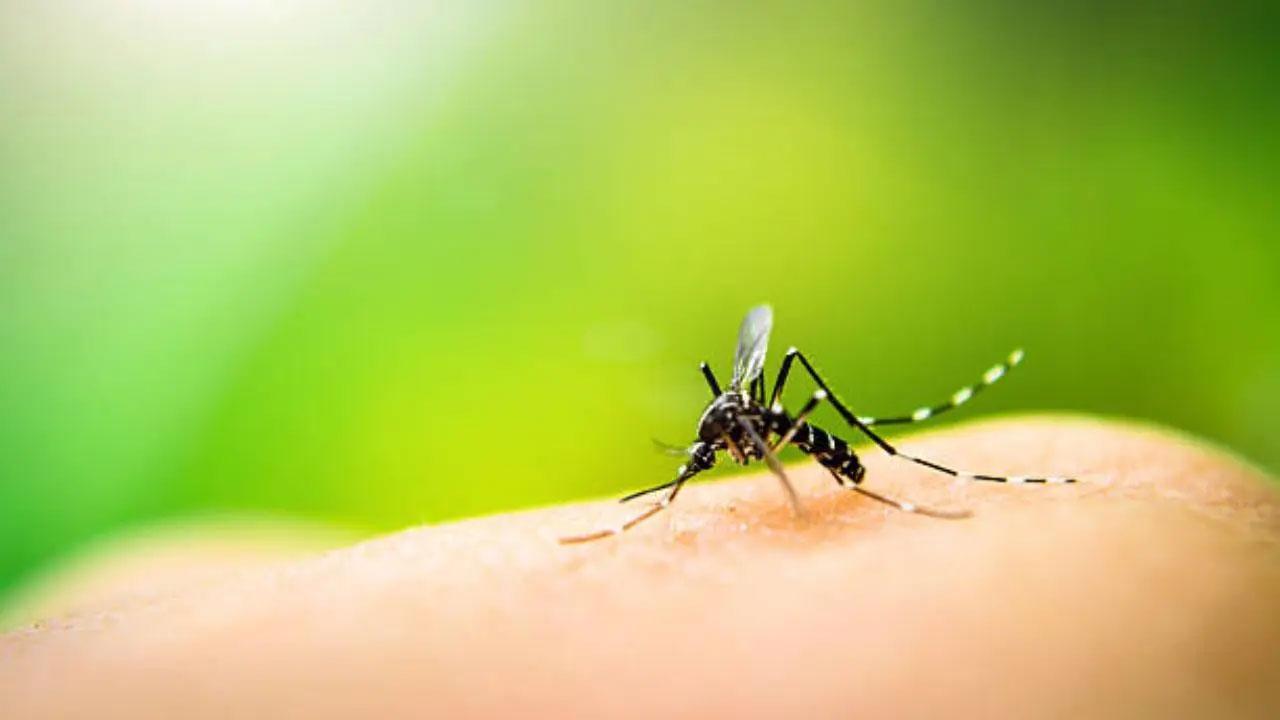Only because we are not looking for it, say state health department officials

Representation Pic
The reason there are no reported cases of the Zika virus in Mumbai is that civic authorities are not actively looking for it, according to state health department officials. There have been 25 cases of mosquito-borne Zika virus reported in Maharashtra, 21 of which are situated in Pune. While Mumbai reports the highest number of dengue and malaria cases in the state every year, Zika doesn’t make the list even though it is highly transmissible.
ADVERTISEMENT
The disease is spread by an infected Aedes mosquito, the same species that carries dengue and chikungunya. While Zika-related deaths are uncommon, according to the Union Health Ministry, the virus is associated with microcephaly (reduced head size) in babies born to affected pregnant women, which makes it a major concern. “From a public health standpoint, it is unlikely that there are no Zika cases in Mumbai. It is only when a case is reported from an area that there is a focus on mass testing within a five-km radius,” said Dr Radhakishan Pawar, deputy director of state health services.
One reason for the limited scope of large-scale diagnosis is the lack of testing facilities. KEM Hospital is the only hospital in the city that tests patients for the Zika virus. Apart from that, the National Institute of Virology (NIV) in Pune is the only diagnostic facility for Zika testing in the state. This is also the case across the country there is only the National Centre for Disease Control (NCDC), in Delhi, and a few selected virus research and diagnostic laboratories of the Indian Council of Medical Research (ICMR) that tests for ZIka.
“This is because the testing kits are expensive and require molecular testing,” said Dr Pawar. KEM’s microbiologist Dr Chaya Kumar said that even though her department has kits for testing Zika, they have not received requests for investigations in the recent past. Dr Daksha Shah, who heads BMC’s public health department, said, “It is only when someone presents with symptoms that doctors test for it.” Most people infected with the Zika virus do not develop symptoms. Among those who do, symptoms typically appear 3 to 14 days after infection. These symptoms include rash, fever, conjunctivitis, muscle and joint pain, malaise, and headache, and usually last for 2 to 7 days.
A doctor from the department of general medicine at one of the four civic hospitals said, “These are very common symptoms that can be associated with several mild viral illnesses that people experience during monsoons. Every hospital tests people for dengue, malaria, and leptospirosis, which is why we see so many cases. That is not the case with Zika.”
He added that there is a need to test vulnerable populations. “This includes pregnant women and the elderly. One reason why even these populations are not tested could be ‘physician lethargy.’ As the recovery rate is high, relatives of the patients avoid having them tested further as soon as they feel better, and physicians do not bother explaining why they should be tested further either.”
 Subscribe today by clicking the link and stay updated with the latest news!" Click here!
Subscribe today by clicking the link and stay updated with the latest news!" Click here!







